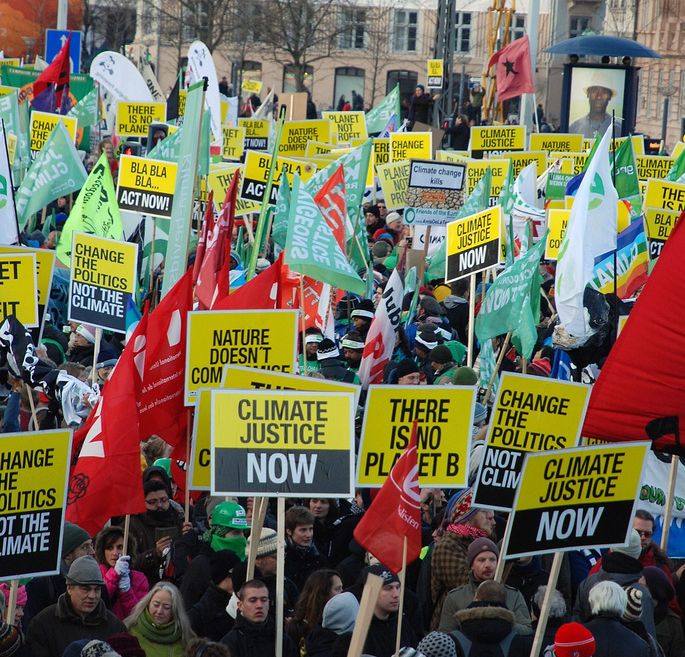Copenhagen will host the C40 Mayors Summit – an important climate conference where representatives from the 96 most environmentally-conscious cities will discuss, plan and explore ways they can decrease carbon emissions and slow climate change.
The event, scheduled for Autumn 2019, will bring more than 1,000 delegates from all over the world.
According to the organisers, the Copenhagen conference will be crucial to our future.
“There are large populations in cities, so supporting green projects in and around population hubs will make a huge difference,” said climate change professor Sebastian Mernild from the Nansen institute in Bergen. Mernild added that “if you can land an agreement in the cities, you can do a lot.”
Setting an example
“Copenhagen has prioritised environmentally friendly policies such as promoting cycling and district heating, both of which will help us achieve our goal 2025 goal of being CO2 neutral,” added Copenhagen’s mayor, Frank Jensen. “Copenhagen is the obvious choice for hosting the conference,” he continued.
Christian Ibsen, CEO of Concito, a Danish green think-tank, went further, suggesting that “the fact Copenhagen has been chosen shows that Danish cities are pushed ambitiously and successfully to fight climate change.”
Fighting the global fight
Mernild explained that the 2015 Paris climate agreement, which the United States recently left, set the long-term expectations for the future of climate change. However, it did not dictate the method of achieving said goals.
“Going from a strategic plan to progress is a difficult process. This meeting will help clarify how that can be done,” said Mernild.
The groundbreaking agreement, which was agreed by 190 countries, set an ambitious goal of not allowing global temperatures to increase by ‘well under 2 degrees’. The optimal outcome would be to keep the increase below 1.5 degrees. There is also an expectation that each member-country will re-frame its own strategy every 5 years.
Christian Ibsen emphasises that certain cities have a huge impact on the environment, and the importance of standing together against climate change. “Cities account for a large part of climate change and therefore we must pursue low emissions in cities, throughout transport, energy and food,” said Ibsen.












